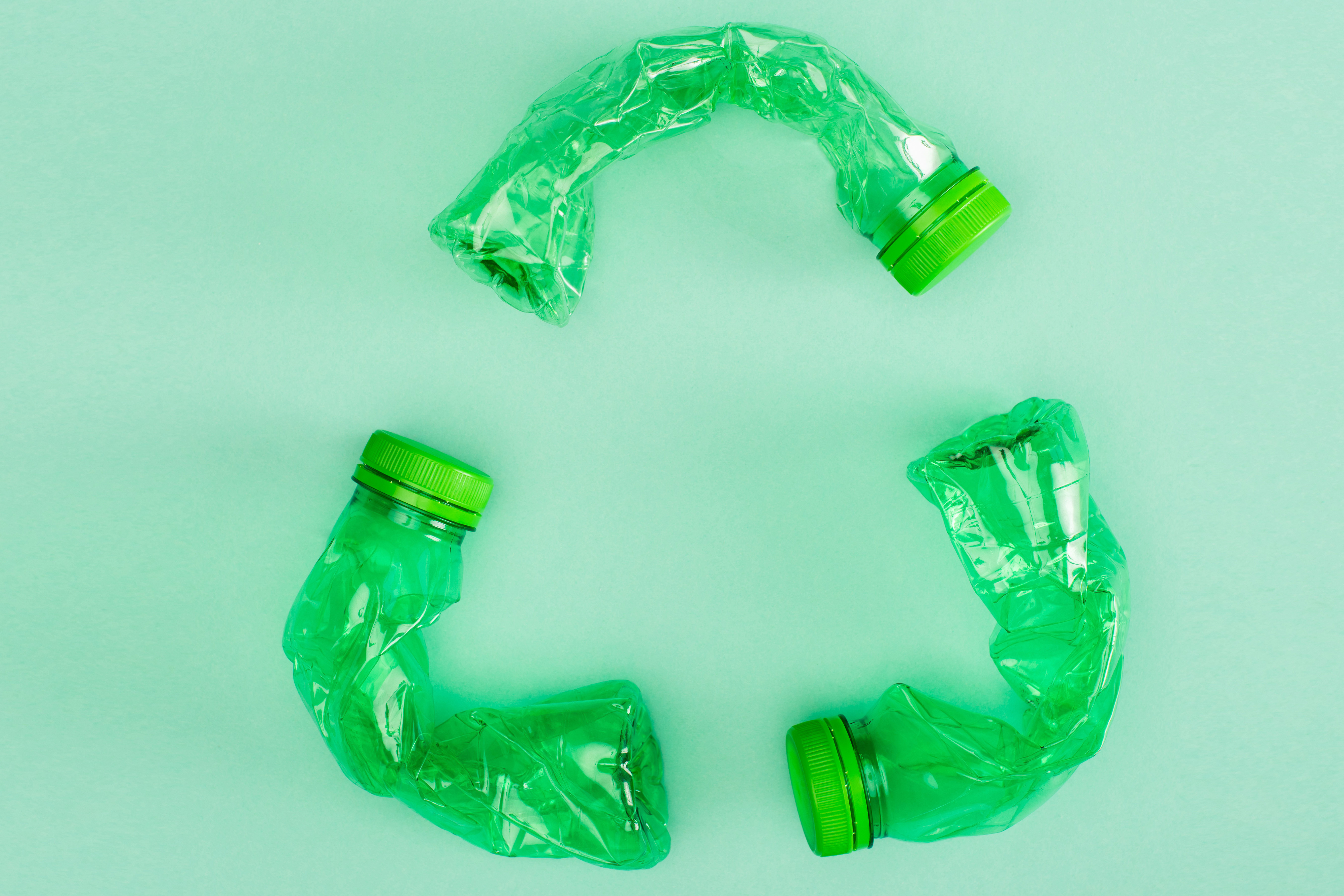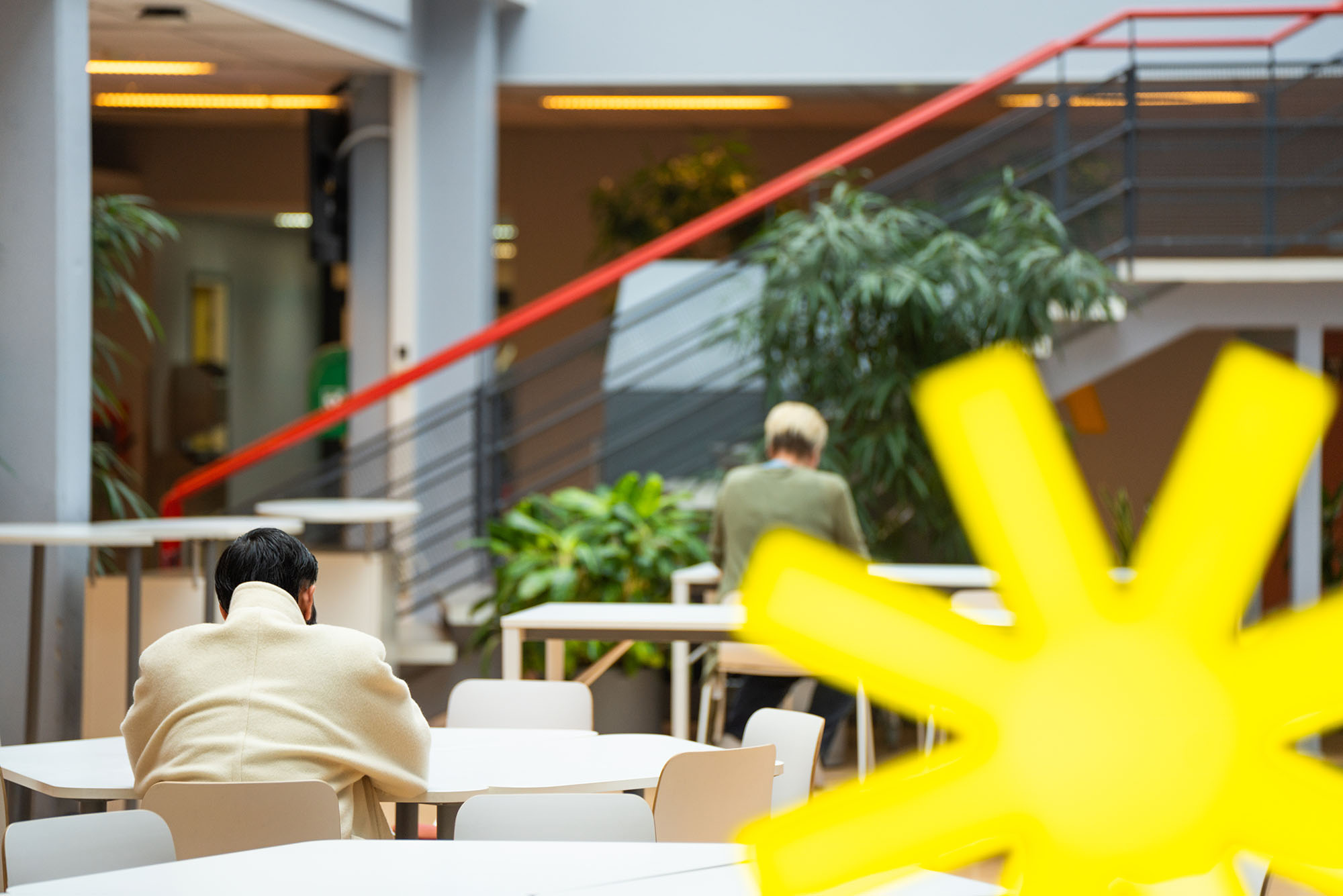Innovative bio-based plastics can offer sustainable solutions for a greener future. Turku University of Applied Sciences studied the business opportunities of biodegradable plastics and their suitability for biogas plant digestion processes, among other things.

Published:
Edited:
Text: by Siiri Welling
The BIO-PLASTICS Europe project aimed to develop sustainable strategies and solutions for bio-based plastic products. The project included product design, health and safety standards and end-of-life solutions. The project focused on different bio-based materials such as polylactic acid (PLA), polybutylene succinate (PBS) and polyhydroxyalkanoate (PHA). The Turku University of Applied Sciences’ research groups New Materials and Processes and Circular Business Models were involved in the project.
“Our research team interviewed companies about the potential use of bioplastics in the fishing industry. We also considered possible business models for bioplastics and created courses for students from the material collected during the project,” says Annika Holmbom, head of the Circular Economy Business Models research group at Turku University of Applied Sciences.
The New Materials and Processes research group focused on the degradation of bio-based plastics. The research focused on the biodegradable products of two companies and how biodegradable plastics could meet different EU environmental requirements.
In addition, the suitability of biodegradable plastics for industrial composters needs further investigation, as biogas plants had problems with degradation.
“Biodegradable plastics do degrade to some extent, for example in water, but they turn into microplastics, which does not solve the problem. Another important finding was that biodegradable plastics often need an industrial composter to decompose in an environmentally friendly way, and this is not available everywhere. In addition, the suitability of biodegradable plastics for industrial composters needs further investigation, as biogas plants had problems with degradation,” says Liisa Lehtinen, leader of the New Materials and Processes research group and the project’s working group on anaerobic digestion.
The working group also found that biodegradable products are best suited for single-use products such as disposable containers. Moisture sensitivity limits the use of bio-based plastics, for example in food packaging.
Further research needed
Biodegradable plastics could potentially solve many problems in fisheries, but so far there are limited suitable applications in Finland. For example, biodegradable plastics work well in lures, but in nets, moisture-sensitive plastics do not guarantee sufficient durability. Both Lehtinen and Holmbom say that for fisheries, bio-based plastics still need to be explored. Still, the project has innovated various solutions that will take years to commercialise.
Overall, the project investigated the suitability of biodegradable plastics for use in toys, packaging, disposable containers and various fishing tools. However, the final report stresses the importance of further research on bio-based plastics.
The project was funded by the EU Horizon 2020 programme.
See the project website.
The article was published on 16.9.2024 on the previous Turkuamk.fi website.
Get to know our research
Read next
-
Press Release

Joint research infrastructure funding for Turku higher education institutions from the Research Council of Finland
The NEMESIS research infrastructure collects data related to the state of the environment and maritime safety in the archipelago. NEMESIS, a collaboration between three universities, enables long-term monitoring…
-
CaseNews

Turku UAS collaborates with EOS Oy, a company specialising in 3D printing
Turku University of Applied Sciences (Turku UAS) and Electro Optical Systems Finland Oy (EOS Oy) are strengthening their cooperation by signing a partnership agreement. In addition, EOS has…
-
CasePress Release

1000 students from Turku University of Applied Sciences develop sustainable development solutions for organisations in Turku
In a new joint project between Turku University of Applied Sciences and the City of Turku, students are solving sustainability problems in companies and other organisations. Published: Edited:…
